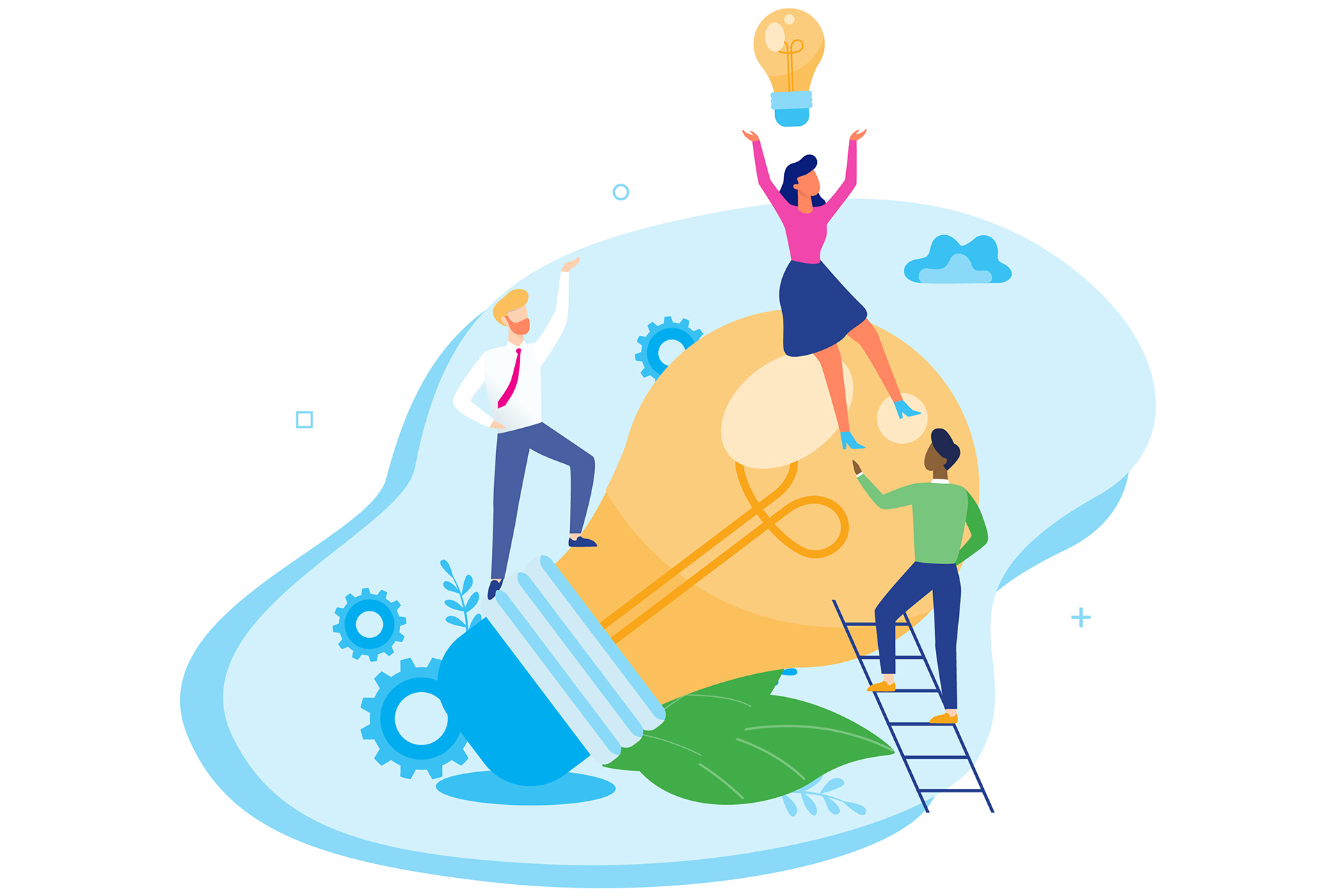
**Liberating Yourself From the Burden of Negativity and Anxiety: A Mindfulness Journey**
Contemporary existence often resembles a ceaseless cycle of obligations, disturbances, and demands. For numerous individuals, the burden of lingering anxiety and inner discontent turns into a persistent presence. Gradually, this emotional and psychological load can significantly affect our health and efficiency, sometimes without our awareness. This narrative details my realization that excessive negativity and stress were pulling me down, and how mindfulness offered the means to rise above.
### The Epiphany
For an extended period, I functioned on automatic pilot, thinking that constant activity meant productivity, and stress was merely a routine consequence of ambition. Dive into a full-time career? Absolutely. Pursue higher education on top of that? Why not? I believed I simply didn’t have time for additional pursuits, especially reflection or self-care. Ironically, as my agenda grew busier, the more overwhelmed I felt—I was ensnared in a mental loop that seemed impossible to escape.
Although I viewed myself as a realist, my internal dialogue was framed through a pessimistic viewpoint. Every obstacle appeared magnified, each task insurmountable, and every potential outcome steeped in anxiety. Eventually, the burden became excessive, prompting me to recognize subtle yet alarming changes: sleepless nights, irritability, and a pervasive sense of helplessness. I understood that something needed to shift.
### Seeking Solutions Through Mindfulness
In spite of my doubts, I started delving into mindfulness—a practice rooted in ancient meditation traditions while being invigorated by contemporary science. At first, I thought I couldn’t spare time to sit quietly amidst my many responsibilities, but research caught my attention. Studies published in scientific literature and promoted by health advocates highlighted the advantages mindfulness could bring in reducing stress, enhancing emotional regulation, and improving overall brain health. Putting my skepticism aside, I resolved to give it a try.
What I quickly discovered was this: mindfulness doesn’t need to be time-intensive, complex, or daunting.
### The Minor Changes That Made an Impact
One of the biggest misunderstandings I held was that mindfulness necessitated hours of meditation in solitude. The truth is, even minor, intentional practices—such as deep-breathing exercises, morning gratitude journaling, or mindful walking—can lead to remarkable improvements in mental clarity and stress management. From my experience, it was the ease of these practices that made mindfulness feasible.
– **Morning Meditation**: I began with just five minutes daily. Guided meditation apps became essential, often leading me through visualization or breathing exercises that left me feeling more peaceful and centered. Even on hectic mornings, this simple routine grounded me.
– **Deep Breathing During High-Stress Periods**: On especially overwhelming workdays, I took a moment for a series of deep breaths—inhale for four counts, hold for four, exhale for six. These intervals helped me regain command over anxious thoughts.
– **Gratitude Journals**: Every evening, I wrote down three things I appreciated—no matter how minor—encouraging me to acknowledge the positive elements of my life. This gentle shift in perspective diminished my propensity to evaluate situations negatively.
– **Mindful Showers and Walks**: Daily tasks, performed mindfully, became chances to center myself. Instead of allowing my thoughts to scatter in every direction, I focused on the sensations—the warmth of the water during a shower or the rhythm of my footsteps during a walk.
Through these minor yet significant actions, I began to feel as though time was decelerating. I no longer rushed through life, anxious about future events or regretting past ones. Instead, I learned to embrace the present moment.
### Mindfulness as a Solution for Negativity
A surprising revelation was understanding how my thoughts—especially the negative ones—influenced my mental and emotional landscape. I recognized that I had used negativity as a defense mechanism, a means to prepare for failure or disappointment. Pessimism had turned into my standard default. However, as mindfulness taught me to observe my thoughts rather than react to them, I began reshaping my mindset.
Books like *The Happiness Advantage* by Shawn Achor and *Be Here Now* by Ram Dass further clarified the linkage between positivity, intention, and mental resilience. They underlined the notion that happiness isn’t dictated by circumstances but is a consequence of internal thought patterns and intentional choices. For me, mindfulness became the pathway to acknowledging and alleviating negative self-talk.
#### Practicing Gratitude and Embracing Imperfections
One of the most transformative aspects has been adopting gratitude—not shallowly or forcefully, but as a mindful practice. When I began documenting what I was thankful for, I unearthed just how much beauty resided within my life, even